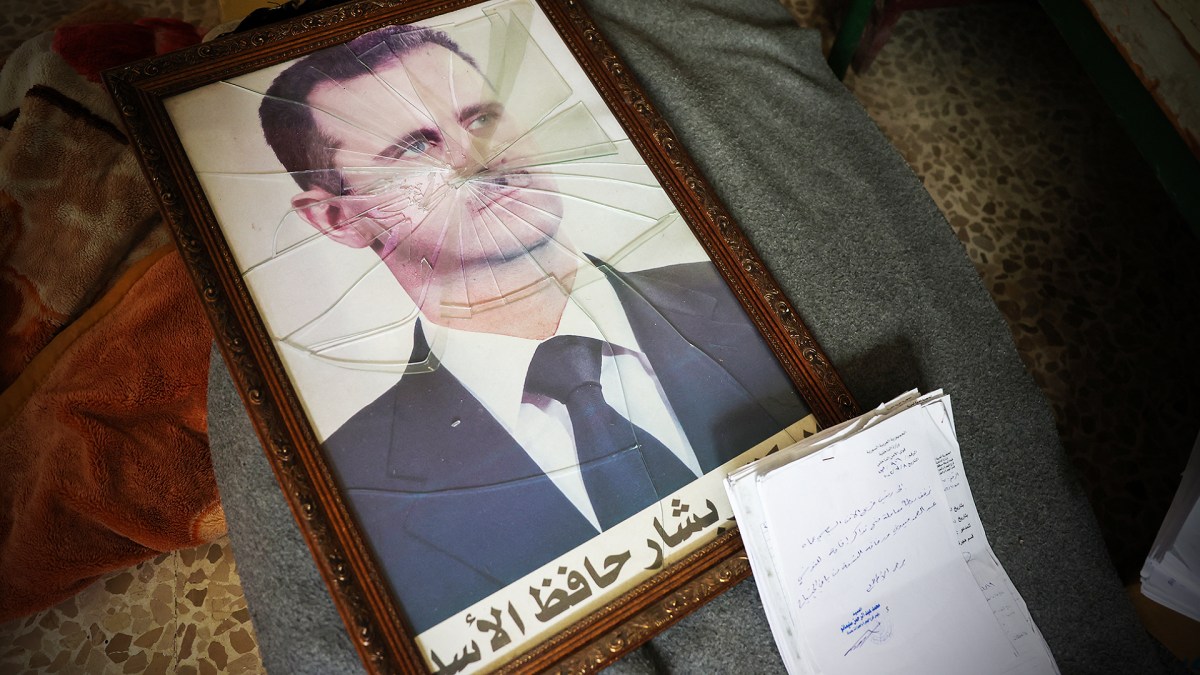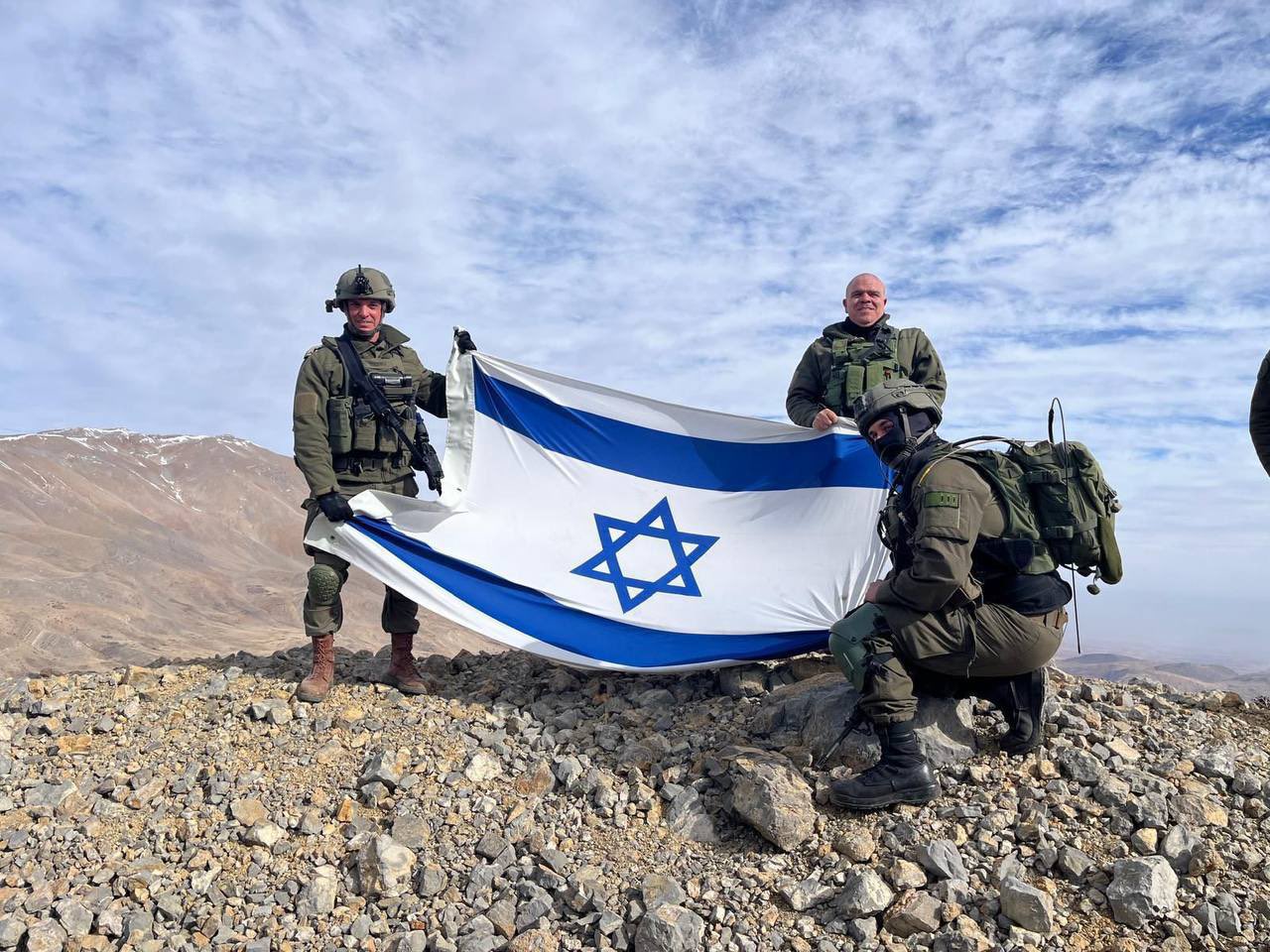It looks like it stops with the fall of Assad's regime. It's unclear what replaces it and there's some serious questions about what's taking place behind the scenes. Iran isn't rushing to the rescue, Russia isn't sounding the alarm bells or even beefing up forces in the coastal areas. This is really starting to look like Assad got sold downriver with token support from Russia and no support from Iran while his own military simply scatters. Either his regime is so rotten that it can't survive at all (which is a bit odd, remember he lasted much longer under worse international conditions relatively recently) AND Russia and Iran completely didn't see any of this coming, AND both are suffering from some sort of decision paralysis... or there's a deal, possibly with Turkey, that reunites Syria, has Assad removed safely (luxurious retirement in Russia?), and Russia and Iran get to keep their presence in-country.Looks like the Assad government is on the verge of complete collapse. No legendary Tiger Forces to the rescue. No Issam Zahreddine to lead any legendary grandstands against all odds. The HTS and SNA built up a lot of capacity these last few years whilst the SAA became dilapidated and less motivated. It'll be interesting to see how this all plays out. Where do the rebels stop? What happens to the YPG? Will there be a SDF and Rebel clash? How long will such Jihadis be tame on Israel's doorstep? I see this playing out to be much more chaotic than the aftermath of Libya.
The SDF is already occupying the western bank of the Euphrates, with settlements such as Deir-Ezzor.
x.com
The SNA launched an offensive against the SDF in Manbij.
x.com
Let me put this another way. Russia trusts the rebels not to attack the coastal areas so much that Russia won't even deploy any substantial additional forces to protect Russian bases? With no guarantees, just genuine trust? Iran trusts the rebels so much that they're confident they won't lose their corridor to Lebanon? With no guarantees? This really smells rotten.









